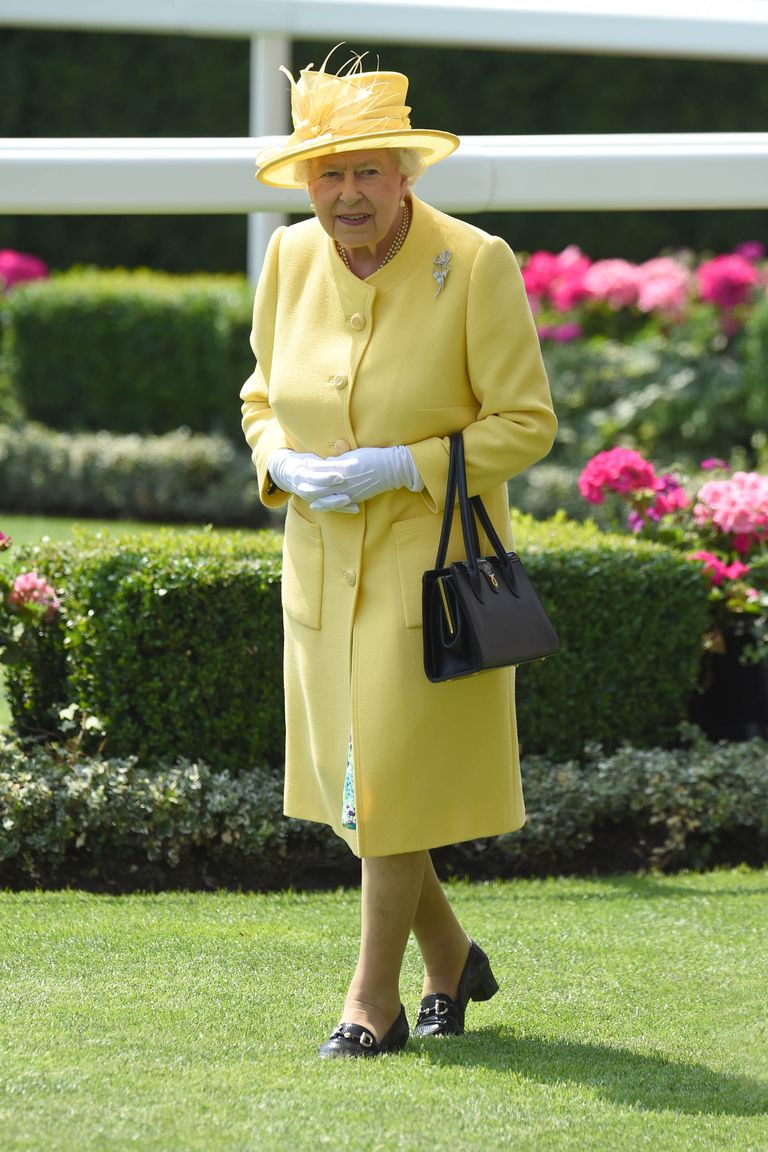
The second line of the fourth stanza, 'Age shall not weary them, nor the years condemn', draws upon Enobarbus' description of Cleopatra in Antony and Cleopatra: 'Age cannot wither her, nor custom stale'. They have no lot in our labour of the day-time They sit no more at familiar tables of home They mingle not with their laughing comrades again They shall grow not old, as we that are left grow old:Īge shall not weary them, nor the years condemn.Īt the going down of the sun and in the morning, They were staunch to the end against odds uncounted, Straight of limb, true of eye, steady and aglow. They went with songs to the battle, they were young. There is also a plaque on the beehive monument on the East Cliff above Portreath in central North Cornwall which cites that as the place where Binyon composed the poem.Ī quotation appears on the Calgary Soldiers' Memorial.Ī plaque on a statue dedicated to the fallen in La Valletta, Malta, is also inscribed with these words. The plaque bears the inscription: For the Fallen Composed on these cliffs 1914 A stone plaque was erected at the spot in 2001 to commemorate the fact. Laurence Binyon wrote "For the Fallen", which has seven stanzas, while sitting on the cliffs between Pentire Point and The Rumps in north Cornwall, UK. Over time, the third and fourth stanzas of the poem (usually nowadays just the fourth) have been claimed as a tribute to all casualties of war, regardless of state, and it is this selection of For the Fallen to which the term "Ode of Remembrance" usually refers. In this poem, Harrison discusses how we often do things which recall loved ones we’ve lost: even though we know they’ve gone, we perform acts of remembrance to keep their memory alive."For the Fallen" was specifically composed in honour of the casualties of the British Expeditionary Force, which by then already suffered severely at the Battle of Mons and the Battle of the Marne in the opening phase of the war on the Western Front. Stephen Spender described these poems of remembrance as the sort of poems he’d been waiting his whole life to read, which is some accolade.
#ODE OF REMEMBRANCE SERIES#
1937) penned a series of moving extended 16-line sonnets about the deaths of his parents and his memories of them. In this poem, Jennings explores the moment when grief over the loss of a loved one gives way to ‘healing’ and the possibility of a new start, as a new love comes along, not to replace the old, but to complement it. Jennings (1926-2001), one of the few female poets to be associated with the 1950s ‘Movement’ in English poetry (which also included Kingsley Amis, Philip Larkin, and the wonderful but underrated Jonathan Price), deserves a wider readership than she currently enjoys. In this poem, a funeral elegy for a child who has died, Enright contemplates with poignancy how the ‘greatest griefs’ find themselves ‘inside the smallest cage’ when a young child dies. Enright, ‘ On the Death of a Child’.Įnright (1920-2002) was a noted academic as well as a poet. Not so, the poet argues: the slightest thing can bring back the pain.Ĩ. Vincent Millay (1892-1950) challenges – as Millay’s poetry often does – the received wisdom that ‘time is a healer’. This sonnet by the American poet Edna St.

Where never fell his foot or shone his faceĪnd so stand stricken, so remembering him. Vincent Millay, ‘ Time Does Not Bring Relief’.Īnd entering with relief some quiet place The poem sounds like some of Louis MacNeice’s poetry, which isn’t as surprising as it first sounds: this poem was one of Binyon’s last, and was published in 1944, the year after his death.ħ. But Binyon also wrote some other fine poems of remembrance in a more general sense, and the BBC anthology includes this touching and technically adroit poem about a beautiful memory that resurfaces one fine winter morning. The more obvious choice here would have been the single poem by Binyon (1869-1943 pictured right) that has endured in the popular consciousness: namely, his poem recited at Remembrance Sunday every year to mark the Armistice. Returning without a reason into the mind … It was not there, it is there, in a perfect image Īnd all is changed.

The shadow of the jasmine, branch and blossom! Suddenly, softly, as if at a breath breathed

Stands in a Tuscan pot to delight the eye Yellow jasmine, delicate on stiff branches Waiting for day: not a sound but a listening air. It is early morning within this room without,ĭark and damp without and within, stillness See the link above to read this tender lyric poem in full.


 0 kommentar(er)
0 kommentar(er)
